Luis Medina Castro
出生 : 1928-04-12, Buenos Aires, Argentina
死亡 : 1995-05-22

The parallel accounts of the story of the Virgin of Luján in the seventeenth century and of a blind violinist who regains her vision during the Pope's visit to Argentina in 1982

A widowed mother cannot prevent her child from dying from an overdose.

In 1965, a man named Matías is taken to a psychiatric hospital, after being found at the streets, "in the company of homosexuals and in a state of intoxication by alcohol and drugs". His documentation says he's 41 years old and born in Poland. He says his mother was an aristocrat. His arrival will have a profound impact on the institution and, especially, on one of the doctors.

Voz

An old gaucho tells his young friend about a time in the big city when he went to the Opera, and narrates to him the whole plot of Gounod's Faust. His young friend reimagines the story he's hearing, with himself in the central role.

Pocho

El Pato faces a gang of spies who use a stuntman to seize an atomic pile.

Luis Britos

Voz en off
A geographical-musical walk through Argentina. Beautiful landscapes and the popular festivals of each region.

A man leaves his job working in the mining industry, falls in love with a girl and succeeds as a singer.

The son of a businessman neglected by his father and orphaned by a mother, goes to a group of friends. A typical gang of humble neighborhood boys, led by Chirola. The history of this gang is ruled by two magical characters, El Hada de la Esperanza represented by Liliana Rodríguez Morlino and El Pombero, a typical Formosan character-legend, played by Jaime Cohen. Through these boys the life of the social classes of the time is reflected, the innocence of the boys apart from those values and what children are capable of when they decide to transform things. During the story, the typical life of the province in which it was filmed, Formosa, and the daily life of the neighborhoods of the capital city that used to be a commercial port with Paraguay are highlighted.

Biopic of Ceferino Namuncurá (1886-1905), son of a Mapuche cacique and a white woman, and the first Indian of South America to be beatified. The film starts out as a war movie, showing his father Manuel battling the Spanish and taking a white woman as his captive bride. But little of interest happens after Ceferino is born. His beatification relies partly on his "miraculous" survival after falling in a stream as a baby, but the film does not present this with any great drama, and plods through the rest of the boy's life with similar tepor. Ceferino does well in school, attracts the interest of a priest, attends a Catholic school in Buenos Aires, and studies for the priesthood in Italy, where he dies of tuberculosis after a few unconvincing coughs.

Narrador
Following the life of Pampas boxer Mario Paladino, who died in the ring, this documentary delves into boxing as a job opportunity for men from the interior of the country.

Some years from the life of a neighborhood tough in Buenos Aires around 1915.

Locución

Narrador

Liu
A bellicose Eastern power organizes a complicated plan to obtain the services of Professor Diego de Alcántara, a Spanish atomic scientist and father of Lola, a famous singer.

Antenor
The story takes place in San Antonio de Areco, in the Argentine pampas. Fabio Cáceres remembers his childhood as an orphan and his youth working in the fields, alongside his godfather, Don Segundo Sombra, a lonely gaucho whom he admires and from whom he will learn to be a gaucho, following him in all his adventures. Don Segundo will be Fabio's role model.

The story of several women who reach motherhood in difficult conditions.

Cecilio Fuentes
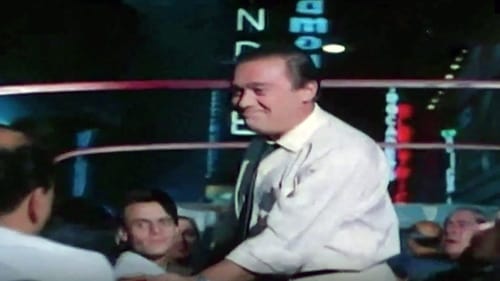
A group of tourists travel Buenos Aires by bus.

Voz en off
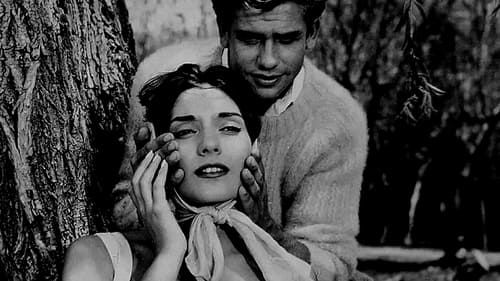
Bernardo
Three boys from very different backgrounds who have just finished their military service must face the complex social reality of Argentina.

Cacho Garibaldi
Cacho Garibaldi is the soccer player of the moment, his goals lead to delirium fans. When an eccentric millionaire named Lupus buys his transfer, he expects to end up on a major team. Instead, he discovers the millionaire's goal in life is to collect the best -not art or stamps- but people.
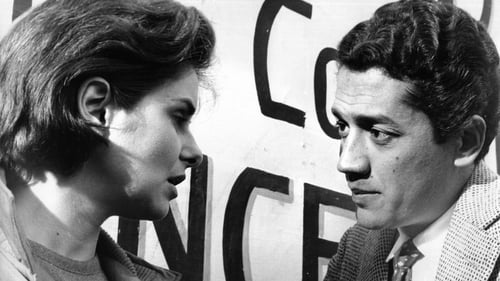
Juan
Three different love-related stories -all starring María Vaner as different "Anas". In "The Earth," Ana is a young and idealistic woman on the verge of adulthood when her first relationship with a clerk shatters her dreams of a romantic life. In "The Air," Ana is a rebellious, easy-living type among some beach bums whose sexual leanings tend to tip the scale at active promiscuity. In "The Cloud," Ana only exists in the imagination of an introverted man, who dreams of his ideal woman.
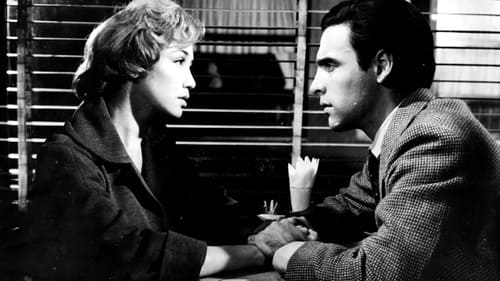
Mario
The film refers to the romance between a young mechanic of humble working background and a university student from a well-to-do family of professionals who face the difficulties originated in their different social origins.
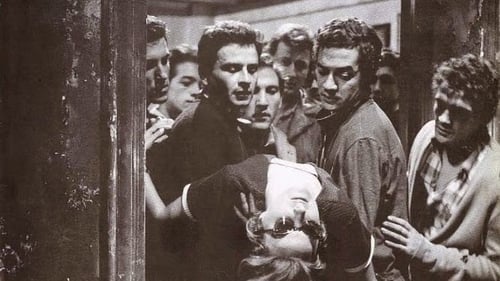
Aldo Cesarini
A philosophy teacher is raped by her night school students.
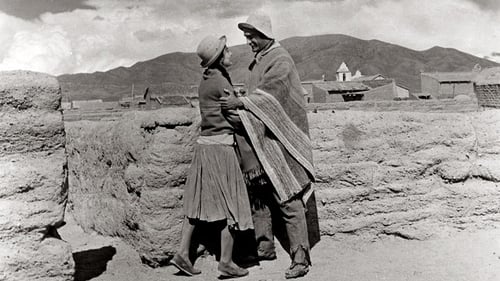
A social drama centered on the miserable conditions experencied by cane cutters in Argentina's north.

Narrador

Javier
María has a powerful reason to hide the fact that she is Enrique's mother.

El Grito Sagrado (The Silent Call) is a fictionalized retelling of Argentina's fight for independence from Spain. The story is "personalized" by being related through the eyes of Mariquita Sanchez de Thompson y Mendeville, played by popular Latin American leading lady Fanny Navarro. Rebelling against the cozy traditionalism of her family, Mariquita weds tireless patriot Martin Thompson (Carlos Cores). She remains by her husband's side as he helps to fend off a British invasion and to achieve freedom for the Argentine slave population. Oddly, the principal villains in the film are the British, a reflection perhaps of Argentine dictator Juan Peron's ongoing efforts to curry favor with Spain.

A handsome newcomer in a village marries a local girl. A year or so later an abandoned baby is left on the couple's doorstep, a baby the man had with another woman. They decide to raise the kid along with the one they had together.

Carozo
An italian man is unfairly imprisoned and his wife must work to maintain the family.
















